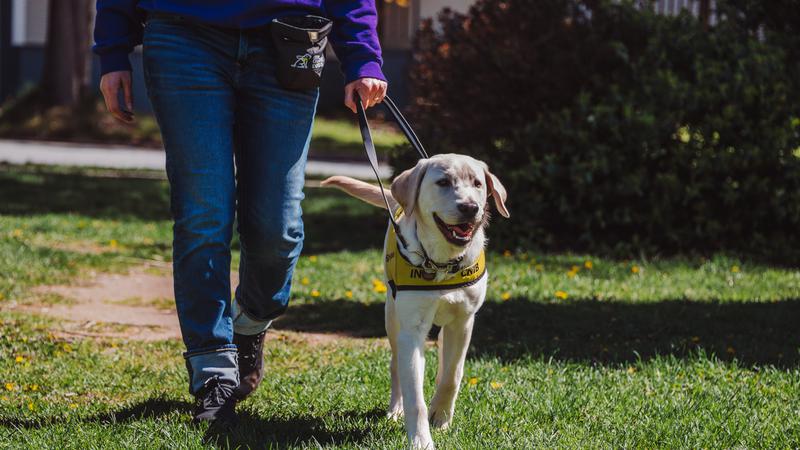
Ex-Virginia Gov. McAuliffe won’t run for president in 2020
RICHMOND, Va. — Former Virginia Gov. Terry McAuliffe won’t run for president in 2020, meaning establishment, centrist Democrats will have one less option in a nominating free-for-all that so far has highlighted the party’s leftward shift.
McAuliffe said Wednesday night that instead of joining a crowded Democratic field vying to challenge President Donald Trump, he will concentrate his efforts on helping Democrats win this year in Virginia — with the possibility that he runs for governor or president in the future.
“Where can you help people the most and change people’s lives?” McAuliffe said on CNN, arguing that he could “beat Trump like a rented mule” but doesn’t “want anyone in Virginia to think I’ve abandoned them.”


